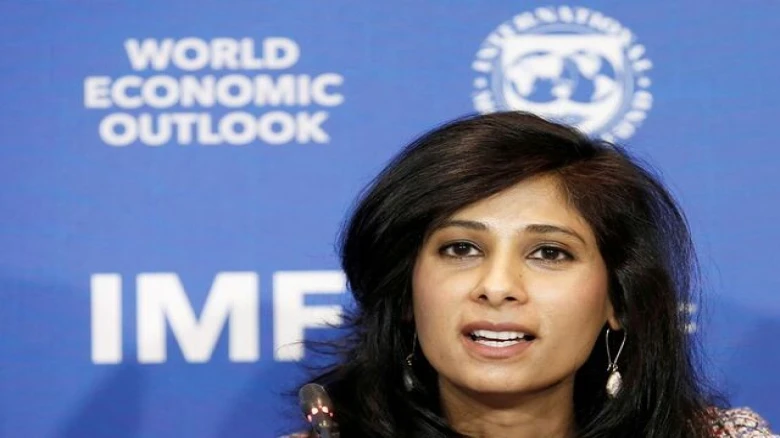According to Gopinath, inflationary effects result from the depreciation of developing market currencies in comparison to the dollar.
Digital Desk: According to the deputy head of the International Monetary Fund, more nations will likely request debt relief as repayments become more difficult due to a stronger dollar and the programme rich countries have in place to aid weaker ones has to be expanded and speeded up.
First Deputy Managing Director Gita Gopinath said in an interview with Michael McKee on Bloomberg Television on Friday that roughly 20 emerging markets have debt that is trading at troubled levels and that about 60% of low-income nations are at high risk of or currently in debt distress.
She stated that other nations will soon require debt relief.
Rising prices have sparked a wave of interest rate rises by central banks throughout the world, with the Federal Reserve taking the lead with aggressive actions that have boosted the value of the dollar. A quarter-trillion dollar mountain of distressed debt that has been accumulated by developing countries, in the meantime, poses an unprecedented risk of defaults.
According to Gopinath, inflationary effects result from the depreciation of developing market currencies in comparison to the dollar. There are several countries that have taken out loans in dollars have found it impossible to repay them at the moment. This makes monetary policy for them much more difficult.
The debt burden has gotten worse since the so-called Common Framework, which the Group of 20 used to postpone or restructure low-income countries' debt repayments during the COVID-19 outbreak, expired in December.The Paris Club, a group of primarily wealthy creditor nations, is included in the framework, as well as China, which is not a member but is the largest official bilateral lender in the world.
Gopinath declared that "far more prompt action is required, and the framework's reach must be broadened to middle-income countries."








Leave A Comment